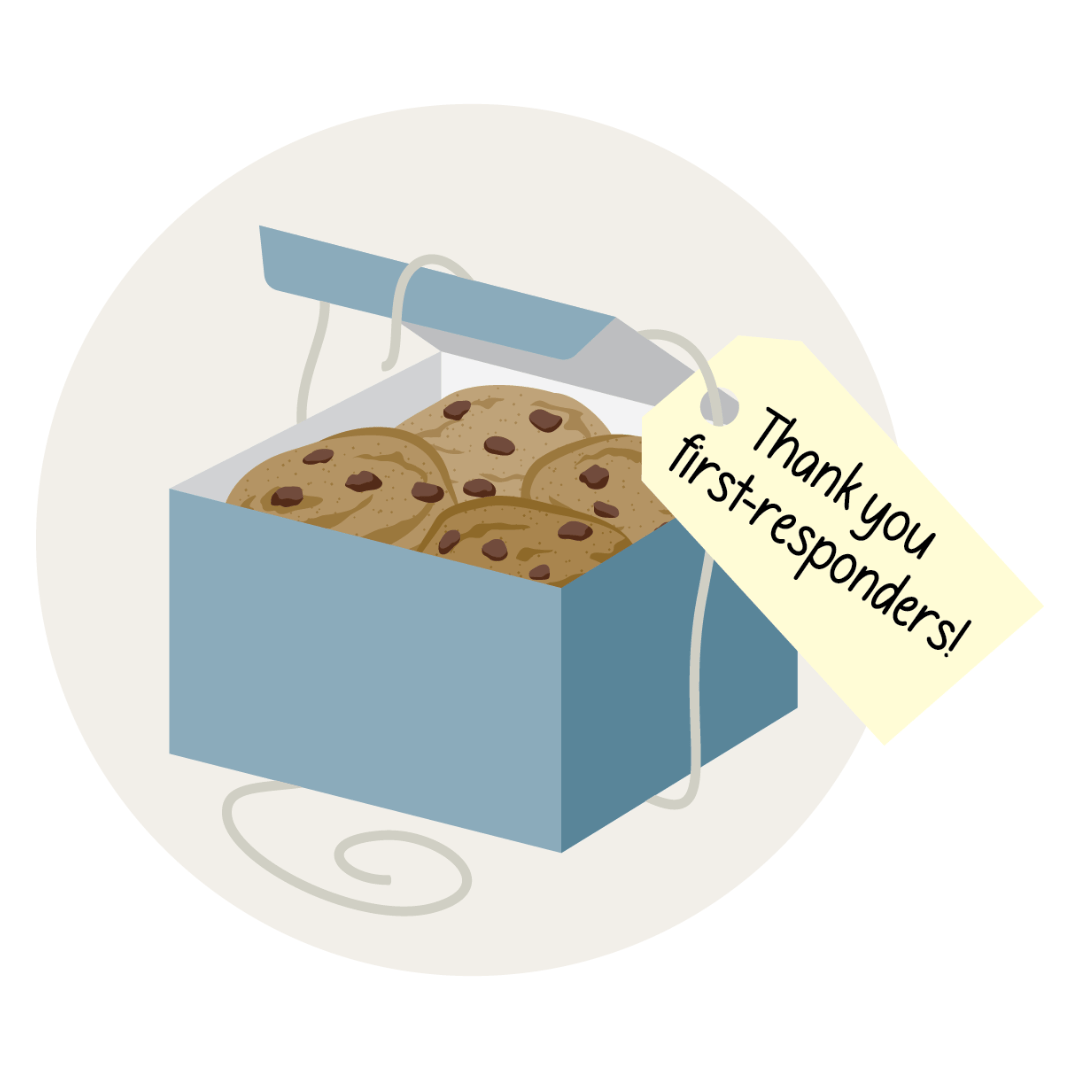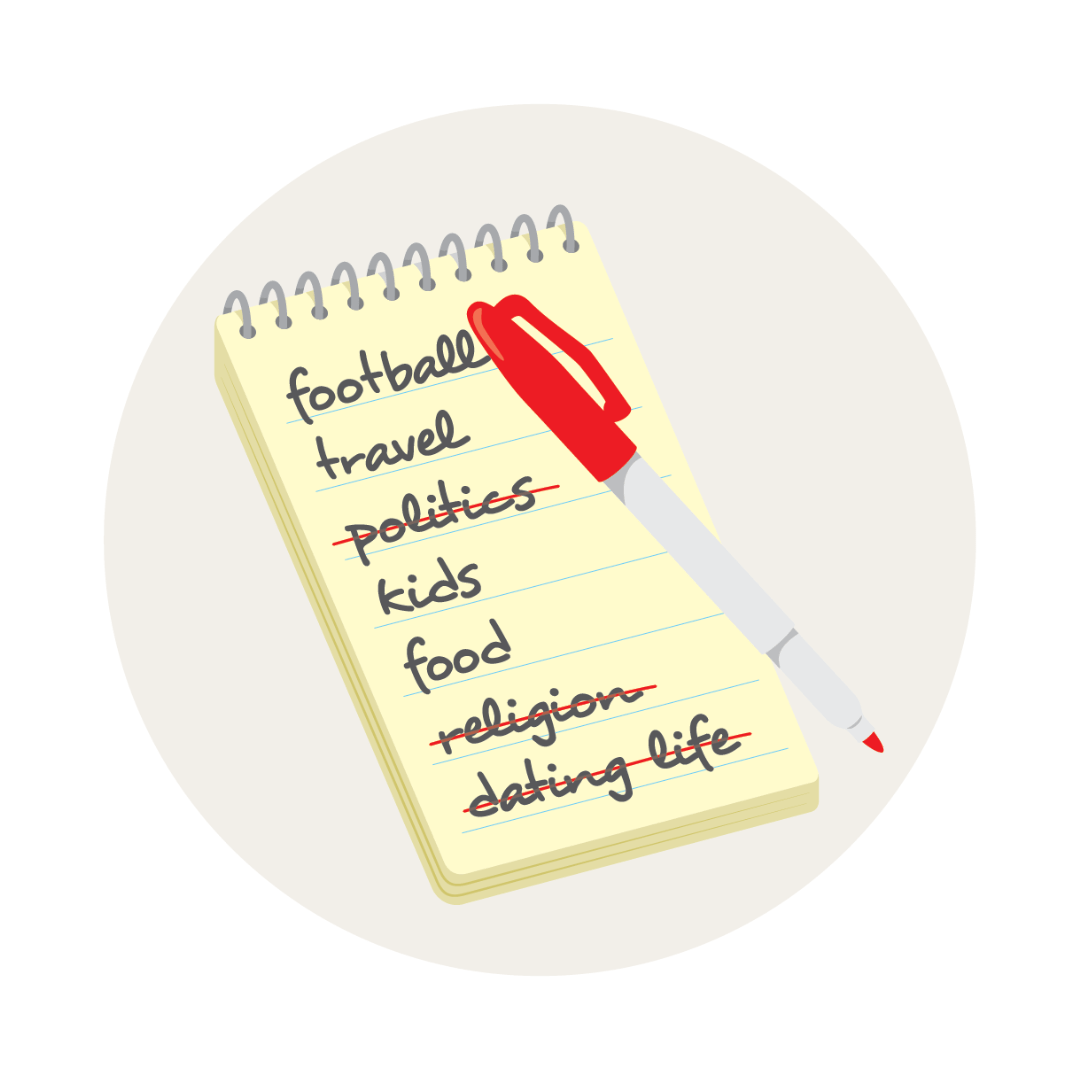In the fall of 1969, Paul Stookey received a request he couldn’t refuse.
His bandmate and close friend Peter Yarrow was getting married to Mary Beth McCarthy. Peter asked Paul if he would write a song to bless the ceremony.
Stookey immediately said yes. But privately, he knew this wouldn’t be his song to write.
A few days before the wedding, Stookey retreated to the small basement studio in his Connecticut home. He tuned his 12-string guitar, sat in silence, and prayed.
“Lord,” he asked, “nothing would bless this wedding ceremony more than Your presence. How would You manifest Yourself?”
Then he picked up a pencil and began to write.
For the next hour, lyrics poured through him. He didn’t feel like he was composing — he felt like he was transcribing. The words spoke of love, commitment, and the sacred presence that emerges when two people join their lives together.
“He is now to be among you at the calling of your hearts…”
When Stookey finished, he had something he had never created before: a prayer disguised as folk music.
On October 18, 1969, at St. Mary’s Catholic Church in Willmar, Minnesota, Stookey stood before the congregation as best man and sang the song for the first time. It was meant to be a private gift — a blessing for two people he loved.
He assumed it would never be performed again.
But weeks later, at a Peter, Paul and Mary concert, Peter leaned over and made a request. His wife was in the audience. Would Paul sing the song for her?
Paul hesitated. “I couldn’t do that,” he said. “It was just for your wedding.”
Peter asked again.
So Paul stepped to the microphone and sang. The audience went still. Something in that simple melody — earnest, vulnerable, unpolished — touched people in ways Stookey hadn’t anticipated.
He kept singing it. And people kept asking for it.
When Peter, Paul and Mary disbanded in 1970, Stookey recorded the song for his solo debut album. “Wedding Song (There Is Love)” was released as a single in 1971. It reached number 24 on the Billboard Hot 100 and number 3 on the Easy Listening chart.
But here’s what made the story extraordinary.
Stookey refused to claim authorship.
He believed the song had been given to him, not created by him. So he established the Public Domain Foundation to receive every royalty the song would ever generate. He kept nothing.
Over the decades, that foundation has distributed more than two million dollars to charities around the world — soup kitchens, hospitals, children’s programs, and causes Stookey will never meet.
“Wedding Song” has since been performed at countless weddings across America. It has been covered by Petula Clark, Captain & Tennille, Mary MacGregor, and dozens of others. It has become, by some measures, the most requested modern wedding song in the country.
And Paul Stookey has never taken a dime.
When asked about the song years later, Stookey kept it simple.
“Into every songwriter’s life comes a song, the source of which cannot be explained by personal experience.”
He wrote it in an hour. He gave it away forever.
Sometimes the most powerful gifts are the ones we don’t keep.
#ThereIsLove #GiveItAway
~Lovely USA
WAIT. . .WHAT. . . ?
What does this have to do with Friday the 13th or, oh yeah, Valentine’s Day tomorrow. . . ?
Uhhhhhhhhhhhhhh. . .NOT ONE THING. . .(but an immeasurable MANY THINGS, huh?)













 Illustration by Brown Bird Design for TIME
Illustration by Brown Bird Design for TIME
 Illustration by Brown Bird Design for TIME
Illustration by Brown Bird Design for TIME Illustration by Brown Bird Design for TIME
Illustration by Brown Bird Design for TIME Illustration by Brown Bird Design for TIME
Illustration by Brown Bird Design for TIME



